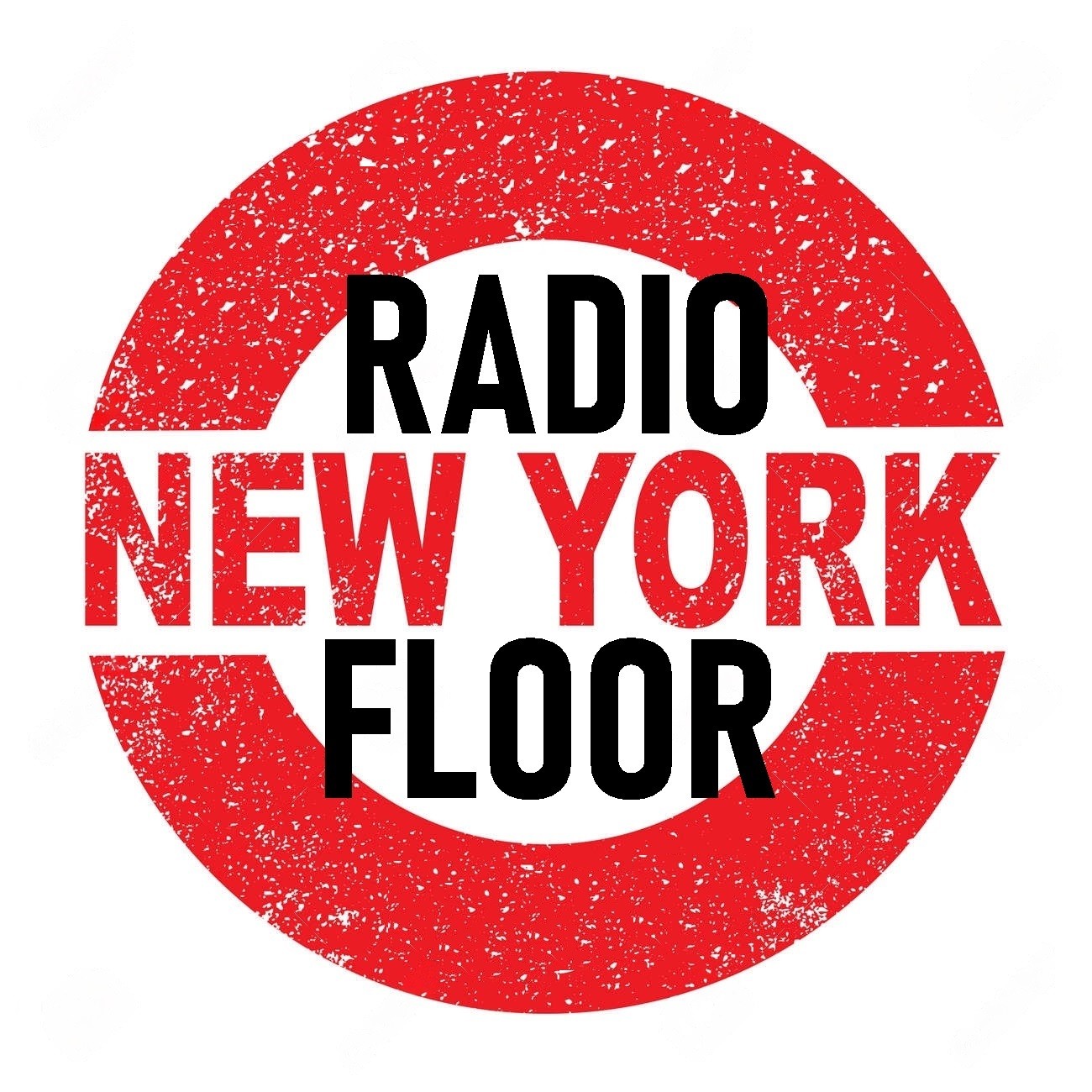Tony Humphries
- Par web-radio-radio-new-york-floor
- Le 11/09/2021
 When thinking about Tony Humphries, you might be minded of his epic stint at KISS FM-NYC as one of its greatest Mastermixers; or of his residency at one of the greatest US clubs, The Zanzibar; or, even, the walls that are lined with gold discs, from Indeep to Janet Jackson; or his legendary eclecticism for throwing whatever works into the mix, from The B-52’s or Rhythim Is Rhythim to Blaze. Heck, Tony Humphries is, of course, all of those things and more. But then, there’s the Tony of today, restless, questing, searching for new challenges. Which, when you think about it, is pretty much how Tony has always been.
When thinking about Tony Humphries, you might be minded of his epic stint at KISS FM-NYC as one of its greatest Mastermixers; or of his residency at one of the greatest US clubs, The Zanzibar; or, even, the walls that are lined with gold discs, from Indeep to Janet Jackson; or his legendary eclecticism for throwing whatever works into the mix, from The B-52’s or Rhythim Is Rhythim to Blaze. Heck, Tony Humphries is, of course, all of those things and more. But then, there’s the Tony of today, restless, questing, searching for new challenges. Which, when you think about it, is pretty much how Tony has always been.
Few people realize just how deeply steeped in performing Tony Humphries’ family is. His father, Rene “El Grande Combo” Humphries, an émigré from Colombia in the 1950s, was a prominent bandleader in New York, heading his New York Combo for many years alongside peers like Tito Puente and Eddie Palmieri. His uncle was the radical dance choreographer Eleo Pomare, while among his cousins are Keiann Collins, a Hollywood producer. The gifted guitarist (and Tony collaborator) André Lasalle, the actor/producer Kenneth Dixon and the dancer/choreographer Jian Piere-Louis who, says Tony, “wants to learn Djing from me, friggin’ crazy!” Tony and family are pretty much the Jackson 5 of Brooklyn.
Tony Humphries has now been DJing nearly 35 years, an incredible achievement that in any other industry would have been rewarded with a carriage clock, service medal and a free bus pass. His big break came through a chance meeting with Mastermixer Shep Pettibone at the offices of Prelude Records. A shy Humphries handed over his 120-minute mixtape to Shep and then forgot all about it.
A few days later, he received the following message from Shep. “Hey Tony! This is Shep Pettibone. I was the chillin’ on the beach listening to your cassette tape, and it was fierce! I work for a radio station in NYC called WBLS and there’s this new radio station starting called Kiss FM and I got a new job there where I’m responsible for 16 hours of music programming.
Do you think you could put together four hours of music and have it delivered by tomorrow afternoon?” Kiss FM became the hottest station in the five boroughs and Humphries’ star rose and his show went on to last for many years both at KISS and, later, HOT 97. His lengthy stints at both stations were not simply an exercise in career furtherment, but a way of introducing new music and acts to the city of New York and further afield.
“The whole purpose of my two hours on KISS is to break new people,” Tony told Muzik. “If you can’t break them they you shouldn’t have the job. Anybody can play to a crowd and play last week’s hits and have people screaming. What does that accomplish? They pay you a couple of hundred dollars and you go home.
People won’t remember you; they’ll remember the records. You have to make them think, ‘that’s the record I heard Tony play at Zanzibar’. If they don’t do that, who are you?” Tony’s shows were widely followed by industry and fans alike – with the same sort of impact and reach to Pete Tong in the UK. Techno don Kevin Saunderson recalled a pivotal moment in his early career. “I told my brother that I was making music now. He’s like, ‘Sure you are!’ So I go back to visit my family in New York.
Tony Humphries is on and ‘Triangle of Love’ comes on in the mix. ‘That’s my record! That’s my record!’ That was so inspirational. It’s one thing to make a record but it’s a different level of excitement to hear it played on the radio.” Although Humphries was born and raised in Brooklyn, NY, he has long been associated with New Jersey and the reason for that is his long-held residency at Club Zanzibar in Newark, where he began spinning in 1982. Zanzibar became synonymous with a new soulful electronic sound, labelled the Jersey sound, but with Tony’s hands at the tiller it was a vastly more varied menu than that suggests, since he was there at the birth of house music and helped nurture its development in both Jersey and New York. “It wasn’t like going to a house club or a techno club or a classics club, everything was intertwined,” explains Tony.
“The hours were long, so obviously you didn’t want to hear ten hours of straight house music. If you’re going to pay $15-20 to hear this guy, you want to hear the whole damn spectrum and whatever it is, it better be quality. And, believe me, you had to come with everything possible. Talking Heads and The B-52s don’t sound like Zanzibar/Garage records, but they were. They were just funky records. I think that’s what the Zanzibar’s appeal was.” Tony Humpries & Djaimin family inside the radio New York Floor.


































